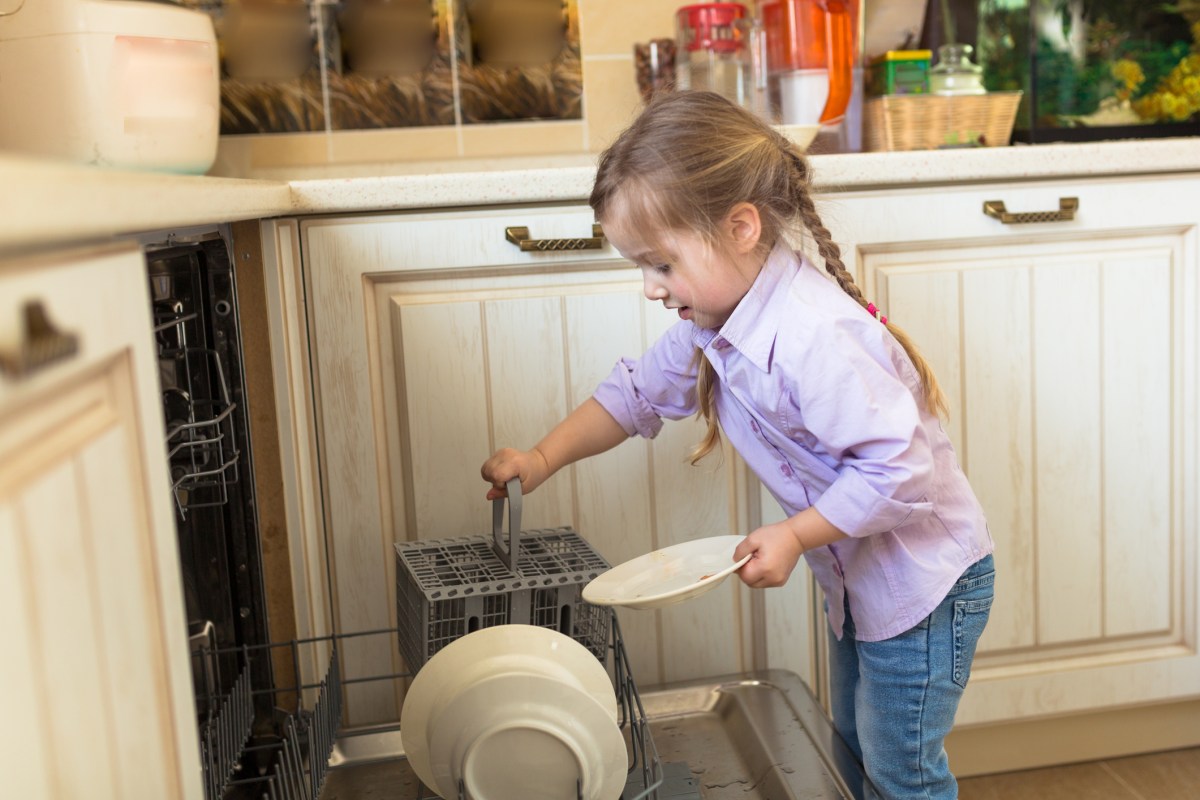
Young children enjoy receiving attention, and are typically self-serving at a young age.
Parents often experience negative attention-seeking from their kids, particularly in the early years, where children will act out to receive attention from family and friends.
But one study has shown even the youngest of children begin to develop “reputation awareness.”
Children inherently want to be viewed in a positive light — and this desire can be used to teach compassion and charity.
NBC News Parenting reported:
Children are more generous when they know their actions will be seen, according to a new study.
The findings, published in the journal PLoS One, suggest that even kindergarteners have learned to play the social game and strategize ways to burnish their reputation.
“Much like the patterns of charity we see in adults, donation tendencies in children appear to be driven by the amount of information available to others about their actions — for both adults and children, the more others know about their actions, the more likely they are to act generously,” said study co-author and Yale University researcher Kristin Lyn Leimgruber in a statement.
The study showed that when kids are seen sharing and doing things for others, it satisfies their need for attention, especially when they receive positive reinforcement for their actions of kindness.
Leimgruber’s team gave 5-year-olds stickers and told them they could share one to four of them with another child of the same age. Some of the children could see their sharing partner, while others were hidden from view.
The team found that the children were stingier when the other youngster was hidden from them. The kids also hoarded more loot when they had to give stickers in an opaque box rather than a transparent one that showed what they were giving.
Overall, the kindergarteners were pretty selfish : Only those children who saw their partners and gave their stickers in a clear box consistently donated the maximum of four stickers.
Parents are typically aware that they should encourage compassion and charity in their children.
One of the first lessons we teach our children is that of sharing with others.
But the surprising result of the study was that children care just as much about positive feedback from other children.
Children expect praise from parents and other adults, but the study also revealed children are aware of their “reputation” with other children at an early age as well.
They learn that seeing another child react positively to a compassionate act builds bonds and encourages positive play and friendship.
NBC News Parenting concluded:
Interestingly, past studies showed children were more generous than the current study.
“Previous studies that observe high levels of generosity may have inadvertently included the same audience and transparency cues,” that motivate kids to share, the researchers wrote in the journal article.
Reinforcing compassionate acts in our children is critical.
Because young children are inherently self-serving as they learn and grow, it is up to parents to encourage compassion towards others.
When children are seen giving kindness to others and therefore receive praise for their actions, they learn to associate feeling good about themselves with doing something kind.
Teaching this vital lesson early on will make compassionate behavior second-nature as the child gets older.
Parenting Magazine reported it is important for children to see and participate in acts of kindness and charity, and that praise and attention for these acts reinforces the child’s desire to be seen in a positive light.
When you catch your child offering a shovel to a friend in the sandbox, label her actions by saying “What a good friend you are,” or “You’re very thoughtful.” Over time, she’ll understand that being a helpful friend, sister, neighbor, and human being is something you value.
With so much hatred and turmoil in the world today, it seems more important than ever to raise kids who can understand and be kind to other people. Teaching this doesn’t mean lectures or visits to soup kitchens. It’s part of day-to-day life: how you answer your child’s questions, how you solve conflict at the park, how you nudge his or her growing capacity to understand and think about other people. Temperament of course plays a role—some kids are naturally more tuned in to other people’s feelings and difficulties, while others are a bit oblivious.
Parents play a vital role in encouraging compassion and charity in their children.
By using a young child’s developing “reputation awareness,” the child will learn that offering kindness and being empathetic not only makes another person feel good, but makes them feel good about themselves as well.
Through the early years of childhood, continued positive reinforcement — and also modeling charitable actions in front of others — will make compassion and charity a natural behavior.
